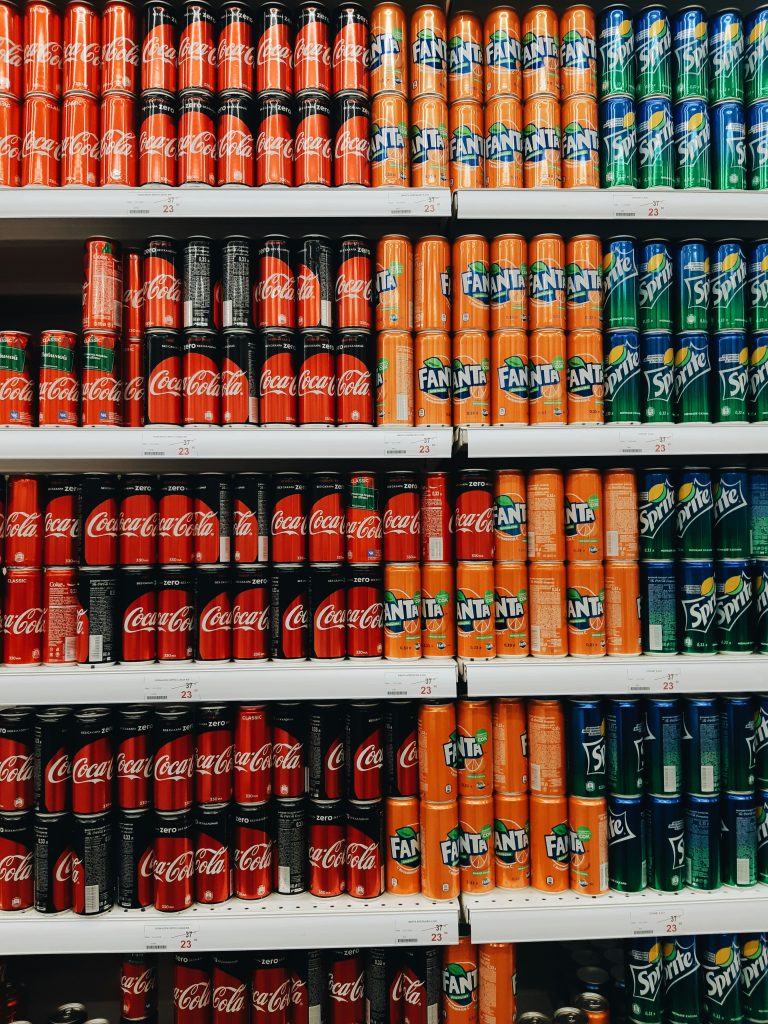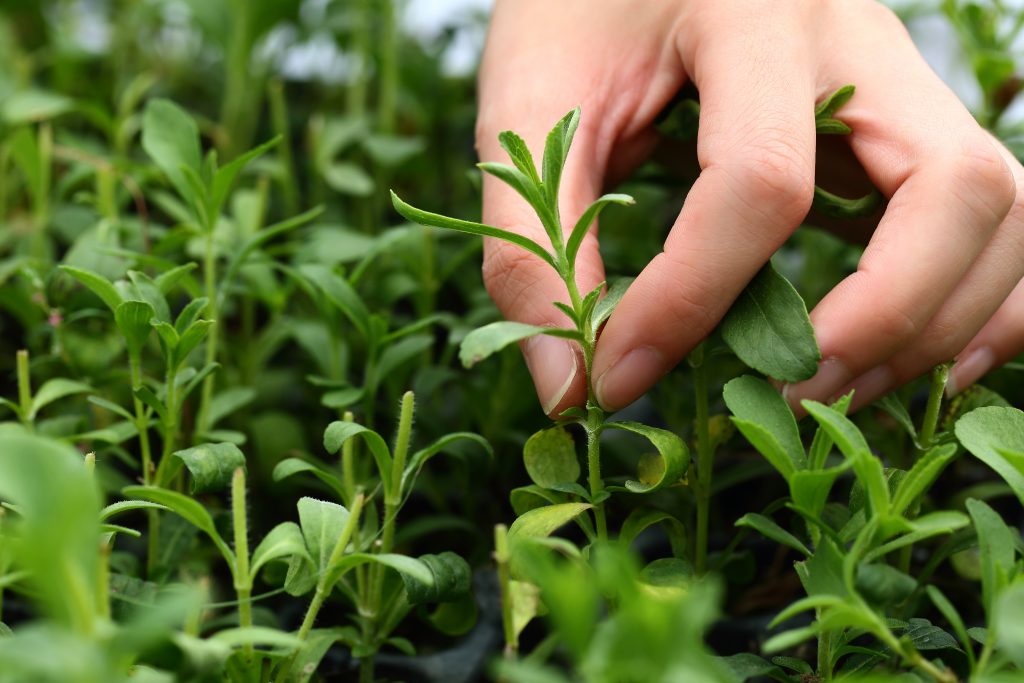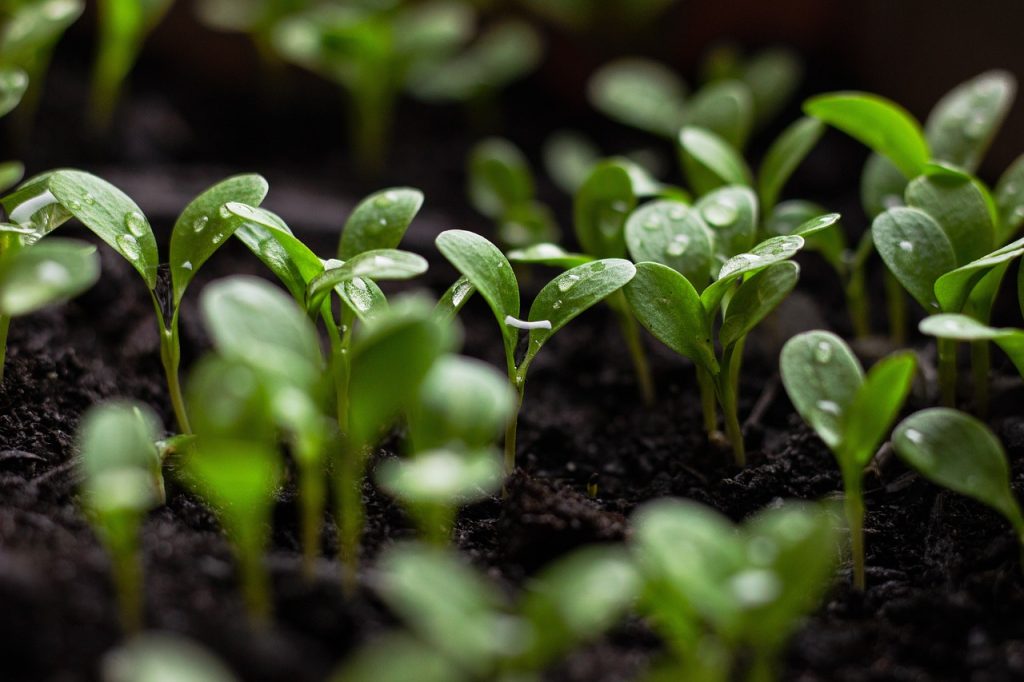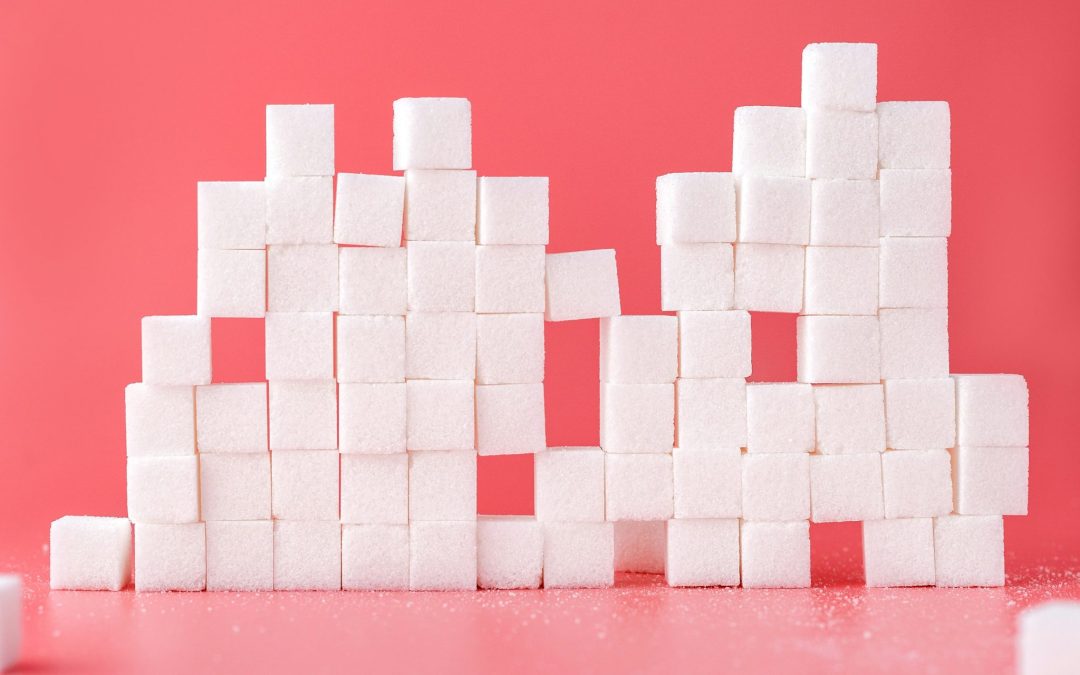News out of Colombia is shedding light on a sugar-reduction movement already in motion
The global landscape of food consumption is undergoing a significant shift with the introduction of sugar taxes in over 120 countries. These initiatives are primarily aimed at guiding consumers towards healthier lifestyle choices by reducing the intake of sugar-laden foods and beverages. Countries like Colombia and the United States have championed these taxes, which not only raise public awareness about sugar content but also contribute to improving public health.
Colombia’s Bold Step
In a recent development, the Colombian government announced the implementation of a 10% tax on sugary drinks and junk foods, effective November 1st, 2023. This tax will escalate to 15% in 2024 and 20% in 2025. The tax applies to products like: carbonated drinks, malt drinks, tea, coffee, fruit juices, energy drinks, sports drinks, and food items containing sodium, including sausages, candies, chocolate, pasta, cereals, bakery products, and sauces. The tax amount varies based on ingredient content, with different levels corresponding to different tax standards.
United States’ Sugar Tax Trend
Around 30 states in the United States have enacted laws to tax sugar-sweetened beverages (SSBs). Berkeley, California, was the first city to impose such a tax in 2015, followed by several others, including San Francisco, Oakland, Colorado, Seattle, and Philadelphia.
Studies have shown that these taxes effectively reduce SSB consumption. Further research from the University of Illinois Chicago suggests that Seattle’s SSB tax, implemented in 2018, has successfully reduced sales from sugar-taxed beverages by 23%, highlighting the sustainability of such policies.
According to a Nielsen data comparison on the sugar tax in Philadelphia, a study reported:
“There is a significant dose–response relationship between the size of the tax and the amount of impact. A broad-based tax of 1 cent per ounce or more is associated with greater degrees of purchasing reduction in the beverage categories targeted by public health advocates, i.e., soft drinks and fruit drinks, while at the same time incentivizing the purchase of bottled water as a substitute.”

The study also found that the tax had few income-related effects detected – thus, validating that sugar taxes reduce the sugar consumption of the American people as a whole, rather than just those unable to afford the increased prices.
Beverage Industry’s Response
In anticipation of sugar taxes, beverage companies worldwide have been reformulating their products to reduce sugar content. This shift towards “sugar reduction” and “sugar-free” options is driven by the consensus that reducing sugar intake is synonymous with health — in addition to following the World Health Organization (WHO) recommendation that added sugar be less than 10% of daily total caloric intake, and additional health benefits may be attained if further reduced to 5%.
Natural Sweeteners’ Role
In the quest to reduce sugar, natural sweeteners and sugar substitutes have gained popularity. Coca-Cola, for example, launched its first beverage entirely sweetened with stevia in 2018. However, overcoming the inherent “post-bitterness” of stevia remains a challenge for manufacturers.
In addition, cost is a concern often raised when considering natural sweeteners. Despite the steadily improving and sometimes more favorable costs compared to sugar, natural sweeteners may be mistakenly perceived as an expensive, out-of-reach luxury.

Stevia Leading the Charge
Amidst the diverse market of natural sweeteners and sugar substitutes, stevia has emerged as a frontrunner in the movement towards healthier sweetening options. Other natural sweeteners like monk fruit extract and allulose have their share of the market as well, but stevia stands out in popularity due to its natural origin and perceived health benefits. Derived from the leaves of the stevia rebaudiana plant, stevia offers a zero-calorie sweetness that is up to 300 times sweeter than sugar. As such, it has been gaining traction among consumers seeking healthier lifestyles and among manufacturers looking for clean label ingredients.
Innovative companies have been pivotal in advancing stevia’s usage by overcoming challenges such as taste optimization and costs. For example, HOWTIAN has significantly improved the glycoside yield from natural stevia varieties, enhancing production processes and ensuring a stable supply of commercial stevia – all measures that have significantly reduced the cost of popular stevia extracts like Reb A over the years.
Its recent launch of the SoPure™ Galaxy line, a proprietary sweetener blend optimized for dairy products, exemplifies the industry’s commitment to creating cost-effective, high-quality, and tasteful sugar reduction solutions. This product line promises zero calories, no additives, high solubility, and a clean label, providing a taste experience as well as cost comparable to traditional sweeteners yet aligning with the global shift towards healthier and more sustainable diets.
Naturally Sweet Future Ahead
In the shifting landscape of global health awareness, sugar taxes have become a prevalent tool for policy makers around the world aiming to curb sugar consumption and encourage healthier choices. Their existence is not just widespread, but intensifying, signaling a clear direction towards greater ubiquity and stricter regulations.
This trend represents a profound alignment with evolving consumer demands and preferences. Today’s consumers are more informed and health-conscious, seeking products that offer both taste and nutritional benefit. By proactively embracing sugar alternatives and reformulation, companies are not just adhering to regulations but are also positioning themselves at the forefront of a consumer-driven shift.

For those who act swiftly and effectively in implementing sugar reduction initiatives, the future is indeed sweet. More forward-thinking manufacturers will be able to navigate the emerging landscape of health regulations while also appealing to shifting consumer tastes and purchase behaviors.
With sugar taxes here to stay, a successful approach to addressing such regulation isn’t so much about playing defense as it is about embracing this sweet revolution, and thriving in a future where health and taste go hand in hand.
[1] Colombia passes ambitious ‘junk food law’ to tackle lifestyle diseases (2023) The Guardian.
[2] Debras, C., Chazelas, E., Srour, B., Druesne-Pecollo, N., Esseddik, Y., Edelenyi, F. S. de, Agaësse, C., Sa, A. D., Lutchia, R., Gigandet, S., Huybrechts, I., Julia, C., Kesse-Guyot, E., Allès, B., Andreeva, V. A., Galan, P., Hercberg, S., Deschasaux-Tanguy, M., & Touvier, M. (n.d.). Artificial sweeteners and cancer risk: Results from the NutriNet-Santé population-based cohort study. PLOS Medicine.
[3] World Health Organization. (n.d.-a). Aspartame hazard and risk assessment results released. World Health Organization.

